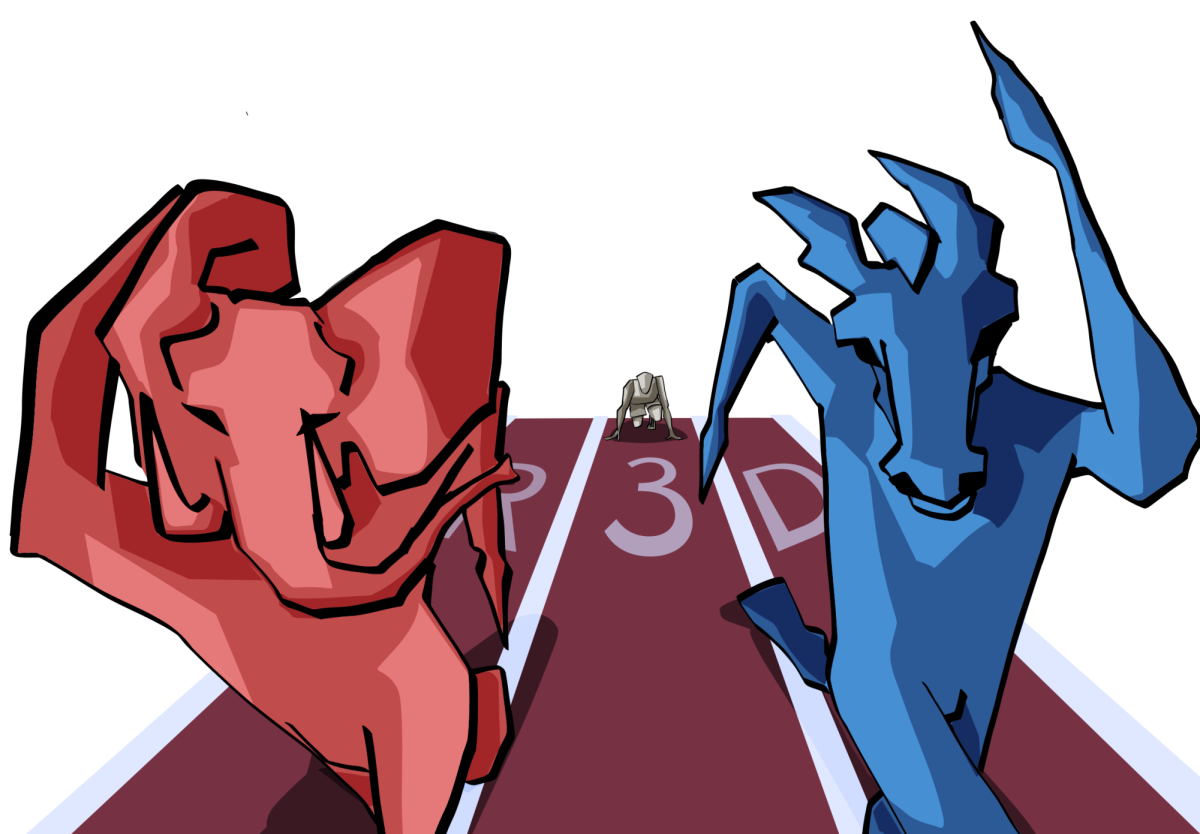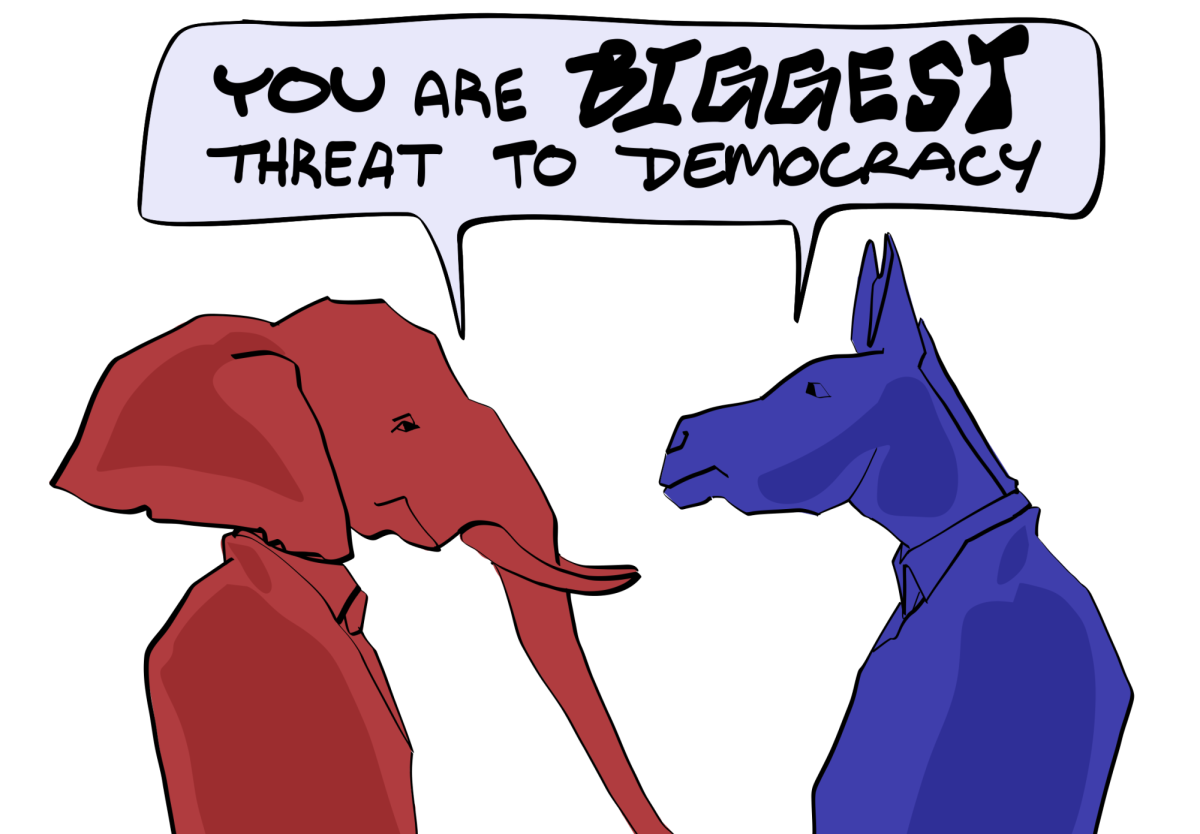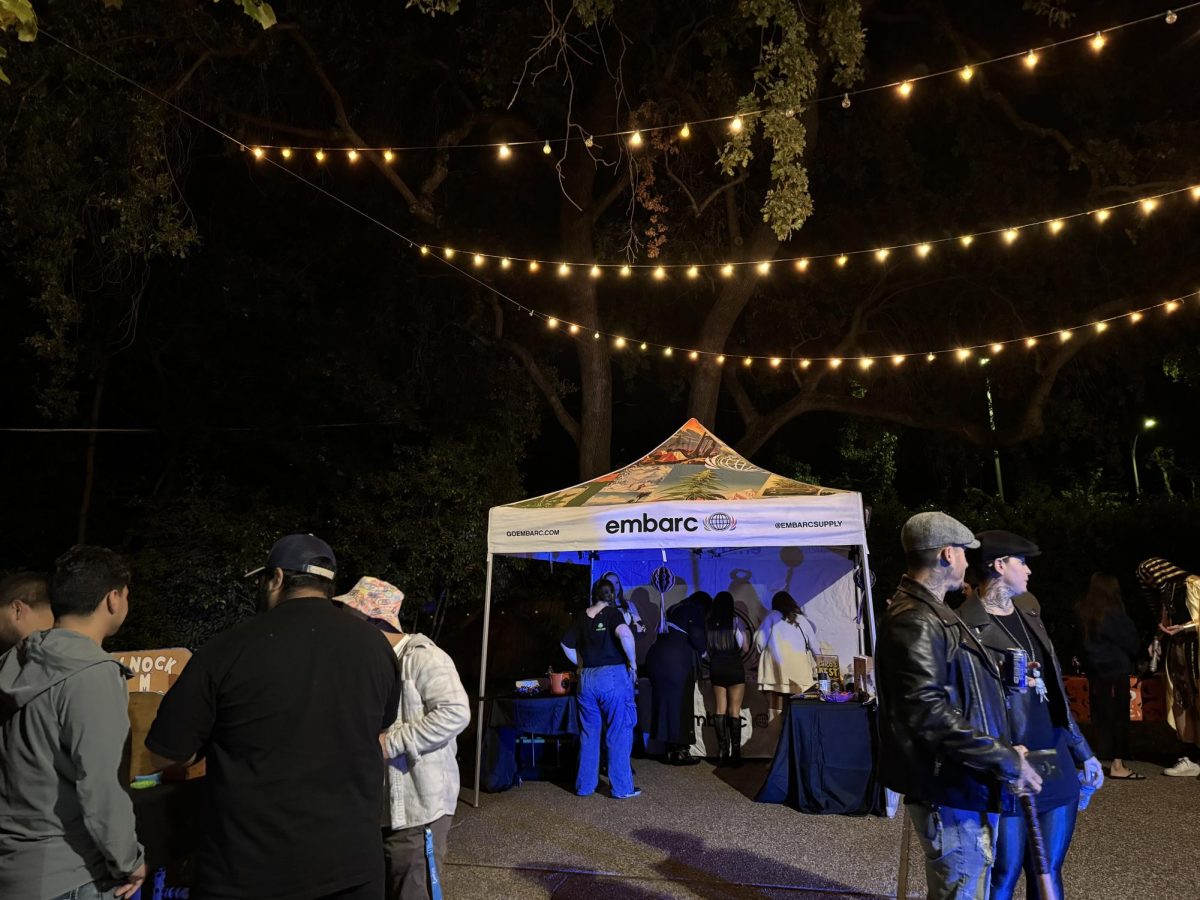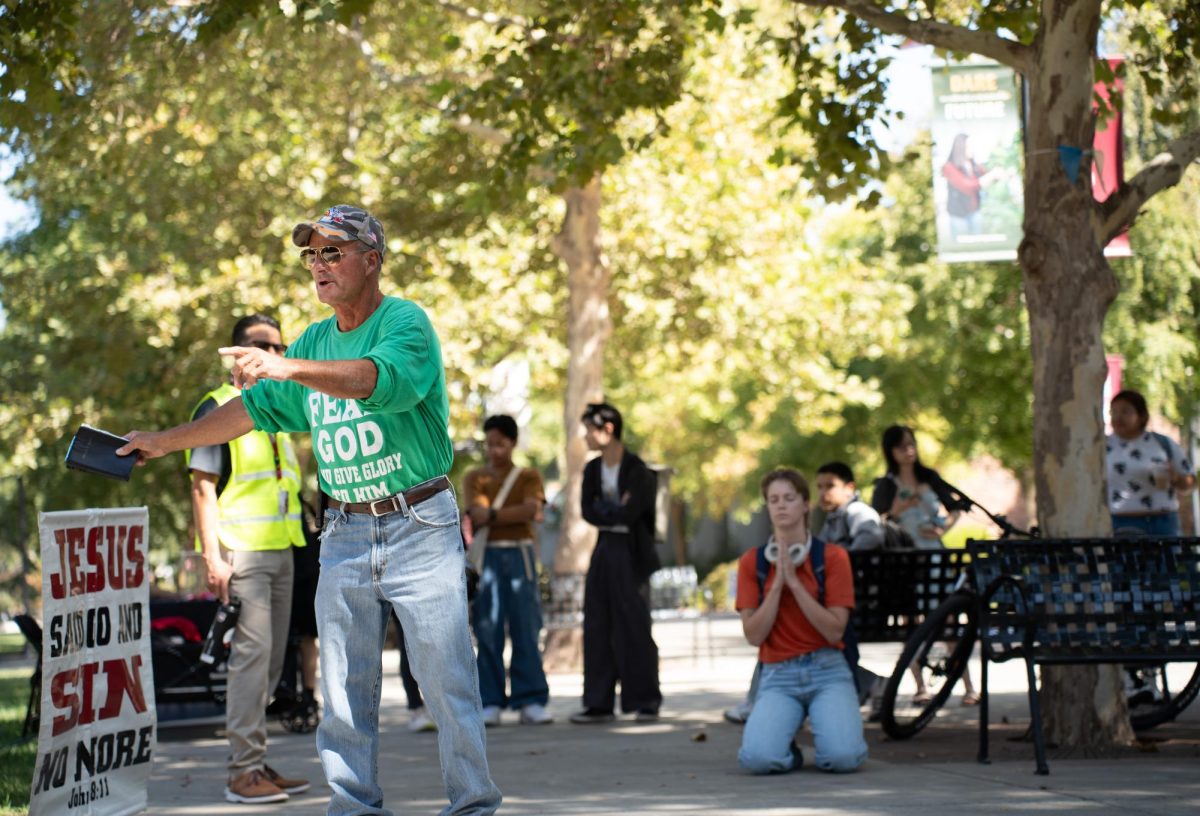An unfortunate accident occurred last October at The Big Chico Creek Ecological Reserve, a wildlife preserve spanning nearly 4,000 acres. Nearly a dozen people were injured when the deck they were standing on collapsed.
All of the injured people have since been released from the hospital, but the misfortunes continued for the reserve.
President Paul Zingg took it upon himself to turn management of the facility over to a three-person committee including Karla Zimmerlee, Zingg’s chief of staff. The responsibility was taken away from the Institute for Sustainable Development.
New management was the first of many changes for the reserve. Programs were cut, including nature outings and cultural education programs for grade school children who visit the preserve each fall and spring.
On the university level, the valuable research conducted by Chico State students has been severely limited. New policies require students to be supervised when they are on the reserve.
This is absurd. These students are all adults and a liability waiver should suffice. The incident that prompted these changes, a faulty deck, is a nonissue for those conducting research on the expansive property.
There are concerns that the number of programs the reserve offers will only continue to dwindle. This is a departure from years past, when it seemed they were
consistently expanding.
All of these changes stem from what is currently being called a thorough risk management assessment by the university. What happens next seems to be up in the air.
Leadership for the preserve is uncertain and so is its management.
The current committee in charge of the preserve has given recommendations to increase the university’s financial commitment to the preserve. These funds would go toward new programs for students, addressing safety concerns and building new roads and gates.
Other options are being examined — turning the property over to an entity other the university has been considered.
Before any action is taken or commitment given, there needs to be a serious conversation regarding whether the university can continue to invest time, money and energy into a piece of property they haven’t been able to manage properly.
If the administration is unable to manage the preserve, keep it safe, staff it or continue to offer the programs so valued by the community, then the property should be transferred to an entity that can. Perhaps the Butte county education system could do a better job, and the sale would create a windfall for the university.
The programs for public school students could be maintained and an agreement could be reached to allow university students to continue their research unimpeded.
The unsigned Orion editorial is the collaborative opinion of the editorial board.









